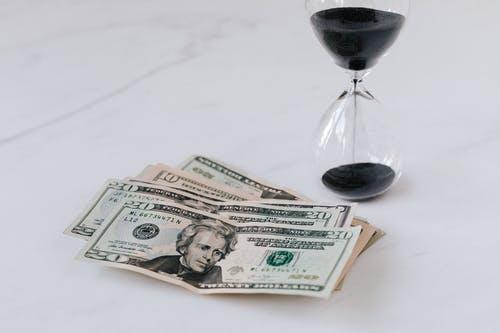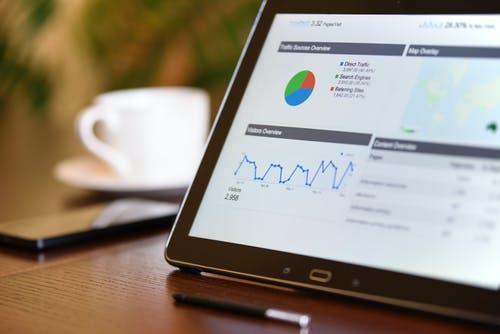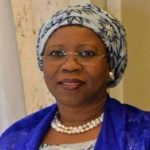Online traders from Nigeria work in the largest financial market that rarely sleeps. The foreign exchange is vibrant around the clock five full days a week. So, what is the best time to enter the market? Here is your brief guide to timing in Forex trading.
Traders should make calculated decisions and open trades during the most favorable periods. Global trading is divided into several sessions that occur in different financial hubs. At certain times during the day, price action is the quietest, while others are marked with frenzy. To make a high profit, traders need strong trends.
What Defines Price Action
Volume and volatility are two fundamental characteristics of the currency exchange. The former describes how many lots of a particular pair are bought or sold. The higher it is — the easier it is for buyers and sellers to connect. Insufficient volume may cause a delay in trade execution or unexpected results in the absence of an exact match.
Volatility shows how quickly the prices are changing. Highly volatile markets are unsteady, and they can see dramatic shifts in the short term. For Forextime traders, this means they can reap high profits quickly, but risks are also magnified.
Forex Trading Hours in Nigeria
The three major sessions within a trading day are the Asian Session, the European Session, and the American session. Institutional players like banks, hedge funds, and corporations conduct operations in the market at different times according to their time zones.
Asian Session: from 12 a.m. to 09 a.m.
London Session: from 08 a.m. to 05 p.m.
New York Session: from 02 p.m. to 11 p.m.
As you can see, sessions sometimes overlap. This is when the global market sees the highest volume of trading. Currencies are bought and sold in different parts of the world, which leads to visible changes in prices.
Asian Session
Here, most of the trading is done by participants from Japan, Australia, Singapore, and Hong Kong. Collectively, they account for about 20% of the global daily volume. The most popular instruments are AUD/USD, USD/JPY, and NZD/USD.
The Yen and the Australian dollar are the two most traded choices. Meanwhile, majors like EUR/USD and GBP/USD see a slump in both liquidity and volatility. Nigerian traders are advised to scan the markets during the session. They should plan their positions for the time when the London and New York sessions overlap.
European Session
This session is the largest one, as it contributes to over a third of the turnover. Most institutional participants are located in London and Germany. The most popular pairings include EUR/USD, GBP/USD, EUR/GBP, and USD/CHF. The Euro and the British pound prevail. The highest liquidity and volatility, as well as the lowest spreads, are observed at the beginning of the session. It is when the market sees pronounced breakouts and trends.
New York Session
This session is the second-largest one. Its transactions amount to as much as 18% of the global turnover daily. Most participants are based in North America. The highest volatility is observed for pairings like USD/CAD, EUR/USD, GBP/USD, EUR/JPY, and GBP/JPY. The highest liquidity is always seen when this session overlaps with the London session.
To Sum up
The best period for Nigerian traders includes the first hours of the European session and the opening hours of the New York session. Thus, it is the period between 8 a.m. and 5 p.m. This is when the conditions are the most favorable. Liquidity is particularly high for majors, and trends are strong. This time window is ideal for day trading.
However, if you want to trade the Japanese yen, the best time would be during the Asian session. Whatever strategy you follow, try it in the demo mode first. It is free and there are no time restrictions, so polish your skills well before risking any real money.







